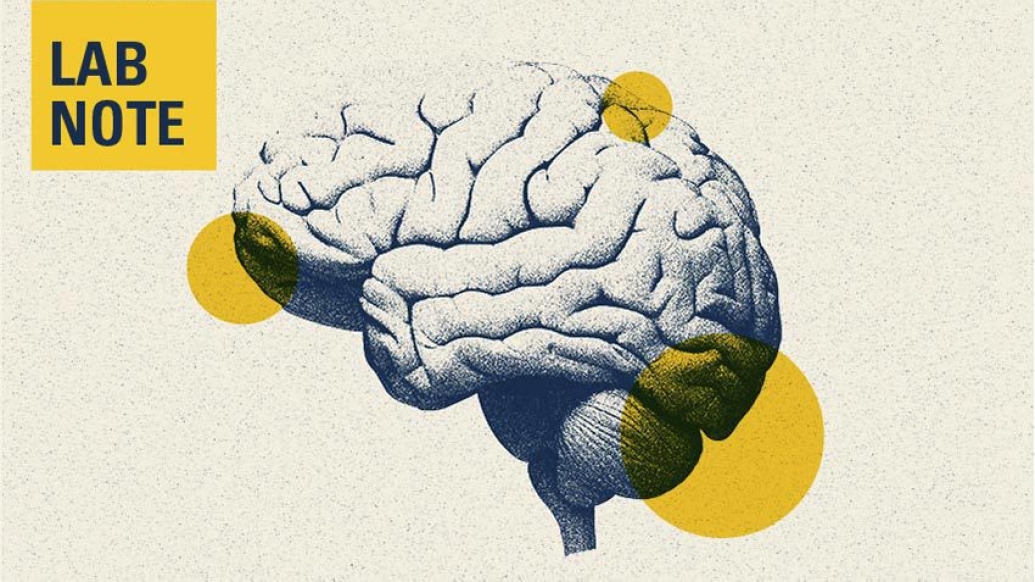People whose Alzheimer’s disease gets diagnosed as part of a health crisis have much higher costs than those in whom screening shows significant cognitive issues.
11:44 AM
Author |

Getting diagnosed with Alzheimer's disease or another kind of dementia is never pleasant – but a new study shows that when and how someone's cognitive issues come to light can also make a big difference in their health care costs.
The study, from a University of Michigan team, uses long-term data from thousands of older adults who either got diagnosed formally, or started to show clear signs of memory and thinking problems on a screening questionnaire they took as part of a long-term study they're in.
Those costs rose sharply – by 150% – from the months just before a formal diagnosis to the months just after it. But for those whose cognitive impairment was identified through screening, there was no jump in costs.
Diving deeper, the researchers show that a health crisis leading to a hospital stay and perhaps a nursing home stay accounted for the sharp spike in costs to the Medicare system at the time of a dementia diagnosis.
In fact, the researchers say, the undiagnosed dementia may have played a role in that health crisis – for instance, by getting in the way of managing conditions or recognizing symptoms.
The study, led by U-M School of Nursing researcher Geoffrey Hoffman, Ph.D., used data from the Health and Retirement Study, which tracks the health of thousands of older adults over time. He and his colleagues received permission to study anonymous data that connects the results of the participants' questionnaires to their Medicare billing records.
In all, they looked at data from 2,779 older adults who received a formal diagnosis of Alzheimer's disease or another dementia, and 2,318 HRS participants whose screening test results strongly suggested they had developed dementia since the last time they took the same screening. All took part in the HRS for multiple years during the time period of 2000 to 2018.
The analysis shows that overall Medicare costs jumped from about $5,400 in the three months before a dementia diagnosis to nearly $13,800 in the three-month period that included the diagnosis, with the dementia diagnosis occurring at the same time patients were treated for strokes, sepsis, heart failure, urinary tract infections and more. For those whose impairment was noted on a screening test but not formally diagnosed, costs stayed steady at about $2,900 for the three-month periods before and after they were screened.
"This fits a broader pattern, in terms of spending after incident diagnoses of chronic disease or injury – there are often sharp, immediate upticks in spending for treatment. But uniquely, spikes in spending after a dementia diagnosis may reflect costs associated with a health care crisis in which the dementia is a contributing factor, rather than the primary factor," said Hoffman, an assistant professor and member of the U-M Institute for Healthcare Policy and Innovation. "More attention to and support for patients with cognitive decline earlier on may have health benefits and spending implications."
The United States Preventive Services Task Force does not formally recommend screening older adults for dementia because the evidence about the impact of screening on patient outcomes is inconclusive. But many tests are available for people to take themselves or for health providers to give.
In addition to Hoffman, the study's authors are Donovan T. Maust, M.D., M.S., Melissa Harris, R.N., Ph.D., Jinkyung Ha, Ph.D., and Matthew A. Davis, Ph.D.
Funding/disclosures: Center to Accelerate Population Research in Alzheimer's (AG066582).
Paper cited: "Medicare spending associated with a dementia diagnosis among older adults," Journal of the American Geriatrics Society. DOI: 10.1111/jgs.17835
Like Podcasts? Add the Michigan Medicine News Break on iTunes, Google Podcasts or anywhere you listen to podcasts.

Explore a variety of healthcare news & stories by visiting the Health Lab home page for more articles.

Department of Communication at Michigan Medicine
Want top health & research news weekly? Sign up for Health Lab’s newsletters today!





